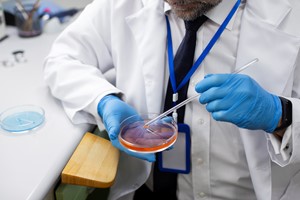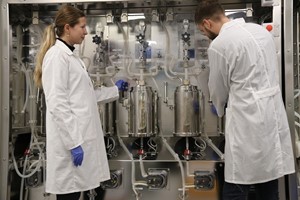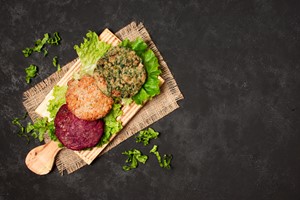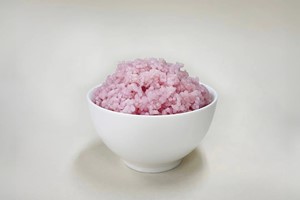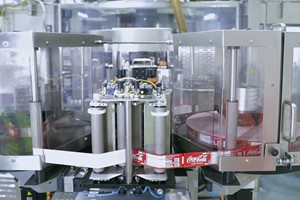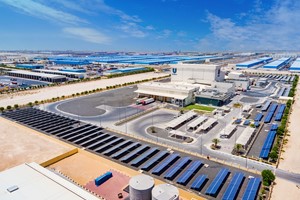Australia's food safety regulator has given its first approval for lab-grown meat, specifically quail cells, stating that it is safe for consumption. Sydney-based company Vow's application has successfully passed the initial stage required for selling cultured meat to consumers. Food Standards Australia New Zealand (FSANZ) conducted the assessment and found that eating the cultured quail meat poses no health or nutritional risks, and the food is genetically stable with low bacteria-related risks.
The regulator is also recommending the use of the term "cell-cultured" on labeling. Vow's CEO, George Peppou, expressed satisfaction with the progress, emphasizing the company's commitment to safety. This milestone in Australia is considered significant and could pave the way for the growth of the cell-cultured meat market.
Simon Eassom, the executive director of think tank Food Frontier, called it an "exciting step" and highlighted the importance of innovative food technologies in meeting the increasing demand for meat without causing additional ecological and environmental damage.
The global focus on meat production's environmental impact is evident in international climate talks, with the Food and Agriculture Organization of the UN recommending reductions in red meat production for wealthy countries to meet environmental targets.
Australia is encouraged to support the emerging cell-cultured meat industry to lead in this growing market globally. China has already included cultured and plant-based meats in its five-year agricultural plan, with companies like CellX in Shanghai venturing into pilot facilities for cultured seafood, chicken, and wagyu beef.
If Vow's application is approved, Australia will become the third country, after Singapore and the United States, to allow the sale of cultivated meat. The public can provide comments on FSANZ's risk assessment process, focusing on the initial stages of cell-based food production. The regulator will consider submissions before delivering a verdict, expected to be released for public consultation next year.
abc.net.au - Fiona Broom





